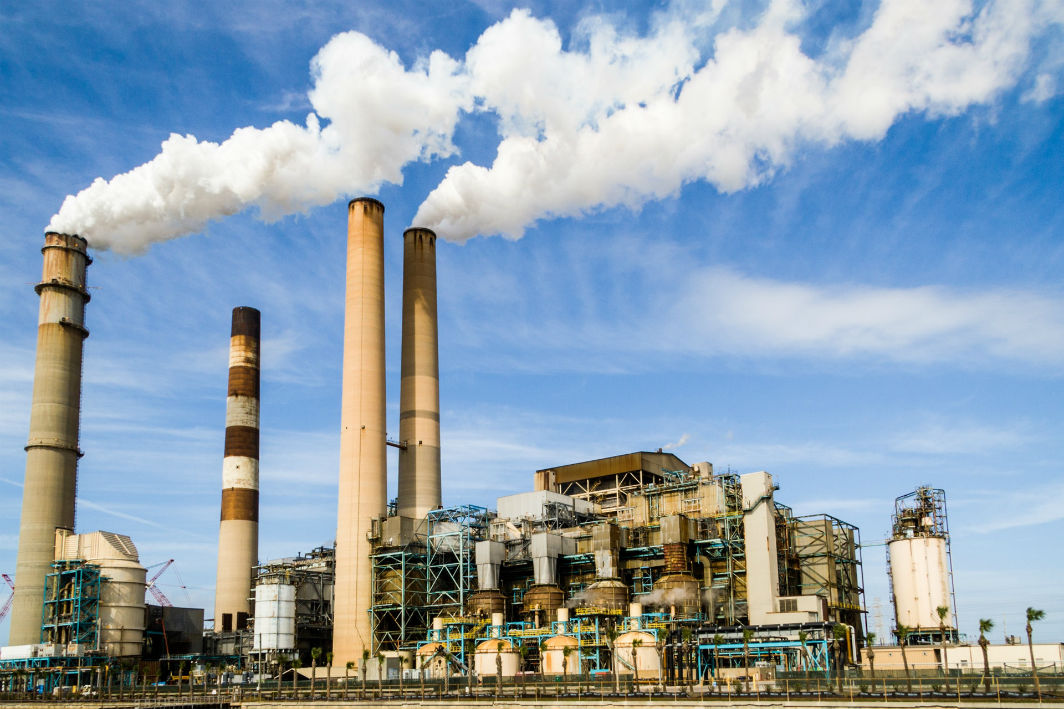UK greenhouse gas emissions continue to fall; will the trend influence carbon reporting?
By any estimation, the government’s latest statistical analysis on UK greenhouse gas emissions is largely good news.
The 2017 UK Greenhouse Gas Emission data release shows that from 2016 to 2017, our overall total greenhouse gas emissions have fallen by 3%, with an identical reduction in volumes of CO2 alone.
Set against overarching historical trends, total UK greenhouse emissions have fallen some 42% since 1990, and for CO2 specifically, we see a 37% drop from the start of the 90s to 2017.
It all means the UK has met its target in the Second Carbon Budget, covering 2013 to 2017 emissions. This is self-evidently cause for celebration.
But what underlying trends exist in the metrics, and is there much to influence the evolution of coming carbon reporting policy for business?
The details
Energy supply and the residential sector delivered the largest reductions in emissions from 2016 to 2017. As it turns out, the energy supply sector has accounted for around half of the overall reduction in UK emissions since 1990, at which point it accounted for 35% of all emissions in the UK. It was the largest emitting sector until its emissions fell below transport in 2016.
This is a certain indication that energy decarbonisation is on a positive path, both in terms of how we create our juice and in terms of how our homes use it.
Other interesting stats show that business has reduced its emissions by 2% in the last year, a 30% fall since 1990, while waste management’s emissions rose by a percentage point since last year; that said waste management’s emissions since 1990 have tumbled by 69%.
Perhaps the most worrying statistic surrounds transport. It was the largest emitting sector of UK greenhouse gas emissions in 2017 at 27%, followed by energy supply at 24% and business at 17%. The fact that UK energy supply, across all of our activities, produces less greenhouse gas than simply getting around our country should be a wake up call.
Transport emissions – and the policy response
Green Party MP Caroline Lucas told the BBC: “It’s shocking that emissions from agriculture and waste actually increased in 2017 and transport’s contribution has inched down by just 2% since 1990.” Her stance seems to mirror general concern about the impacts of cars and planes.
A government spokesperson also told the BBC: “We’ve made significant progress in cleaning up the power and waste sectors while scaling up our low carbon electricity to record highs.”
The sense is low carbon power is doing well. It’s transport that requires attention. If recent changes in carbon reporting legislation are an indicator, then the government has taken notice. The new Streamlined Energy and Carbon Reporting scheme (SECR) comes into force in April, and, as with ESOS (which is now in its second phase) many organisations will be reporting on transport emissions for the first time.
The emissions stats suggest we won’t see any changes to the existing focus on transport within carbon reporting. Indeed, if there were to be any change, you’d hedge your bets it would be to increase that focus or ramp it up. At the moment, there is no requirement for organisations to actively reduce their transport emissions, just simply to report them.
The overall picture on greenhouse gas emissions is a positive one. We wait to see whether increased transparency on transport will impact on its carbon footprint.













